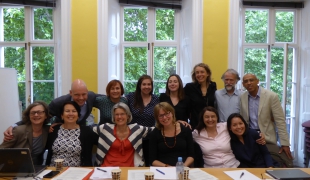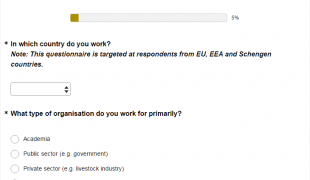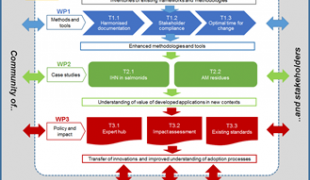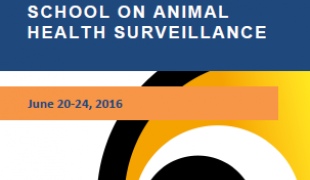Risk-based surveillance offers major opportunities for more cost-efficient and -effective surveillance of animal health hazards. The benefits can be incurred by both publicly funded surveillance as well as by privately run (e.g. industry, NGOs) programmes. Nevertheless, the potential of risk-based approaches has not yet been fully exploited despite considerable technical progress in the past years, as promoted for example by the EU FP7 funded project RISKSUR (www.fp7-risksur.eu). Importantly, the RISKSUR project found that there is a very large heterogeneity in the application of best practice standards for surveillance across the EU and that there are deficiencies in the way surveillance outputs are documented, reported and evaluated (http://www.fp7-risksur.eu/progress/publications-presentations). If the full value of risk-based surveillance is to be realised, it must be implemented and understood by all beneficiaries of surveillance.
Based on the current state of the art, the SANTERO (risk-based Surveillance for ANimal healTh in EuROpe) consortium aims to promote the further development of risk-based surveillance methods and provide support for their dissemination and integration in existing surveillance routines.
International networking is enhanced by the strategic conduct of case studies, involving partners with first-hand access to the necessary data. The case studies are both based on the methodological developments providing a joint concept and complementary approach. Through the international implementation of the case studies, it is possible to build on the specific expertise across terrestrial and aquatic sectors. Case studies implemented across different industries will ensure robustness and flexibility and that they serve the needs across diverse settings in Europe. Surveillance actors from industry, academia and government will be engaged through outreach activities.
SANTERO is a 12-month project, which started in March 2016.





